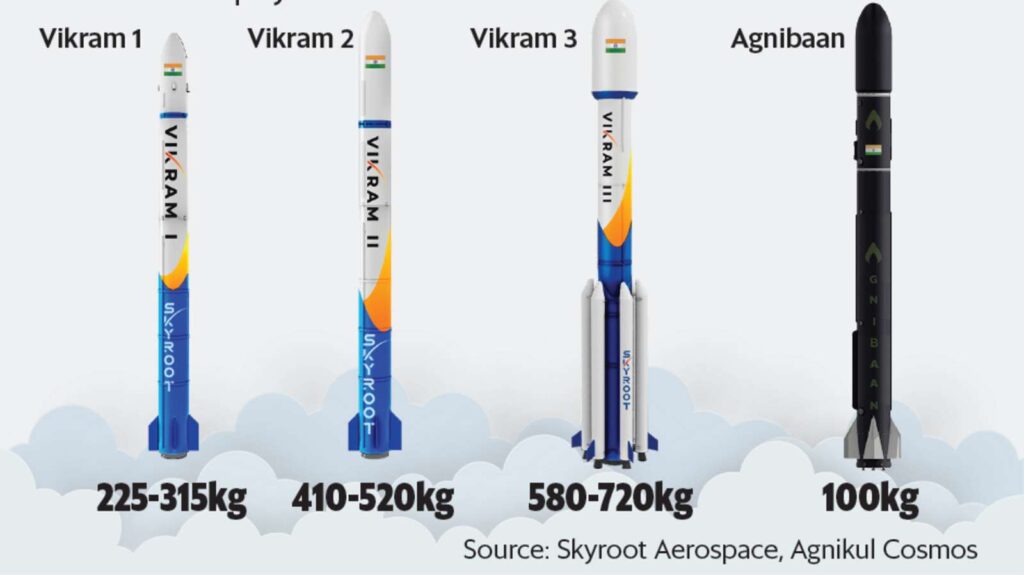The Comprehensive Nuclear Test Ban Treaty (CTBT) is an important multinational treaty that aims to ban all nuclear explosions, whether for military or civilian purposes.
It began in the Cold War era when the United States and the Soviet Union conducted nuclear weapons and intensive tests. The end of the Cold War and the dissolution of the Soviet Union created a favourable environment for comprehensive arms control initiatives.
The CTBT was formally ratified by the United Nations in 1996, marking an important step toward establishing a complete ban on nuclear weapons testing and filling the gaps left by earlier treaties.
The treaty provides that it shall enter into force 180 days after ratification by all 44 countries named in Annex 2, including States possessing nuclear or research reactors at the time of adoption.
Although the CTBT has so far been signed by 187 countries and ratified by 178, its formal implementation is dependent on the ratification of eight countries: China, India, Pakistan, North Korea, Israel, Iran, Egypt, and the United States. Unless these countries sign it, the treaty will not come into force.
Article Powered by TOPICFLIX

About the Author
Ankita is a German scholar and loves to write. Users can follow Ankita on Instagram 
राजस्थान की कला और संस्कृति : संक्षेप में
राजस्थान, उत्तर-पश्चिमी भारत का एक राज्य, अपनी समृद्ध और जीवंत कला और संस्कृति के लिए…
सवाना या उष्णकटिबंधीय घास मैदान (savanna or tropical grasslands)
सवाना (Savannah) समुदाय घास और बिखरे हुए पेड़ों का एक विशेष पारितंत्र है। सवाना सामान्य…
विक्रम-I रॉकेट (Vikram-I Rocket) [UPSC in Hindi]
विक्रम-I रॉकेट (Vikram-I Rocket) एक छोटा, निजी क्षेत्र द्वारा बनाया गया, लांचिंग व्हीकल है। यह…
आग्सबर्ग की संधि (Augsburg ki sandhi) और धार्मिक युद्धों का सीमित विराम
आग्सबर्ग की संधि (Treaty of Augsburg) जर्मनी और यूरोप में धार्मिक युद्धों का विराम था…
What is The Kármán Line ?
The Kármán Line, located 100 kilometers above sea level, serves as an imaginary boundary between…
छोटा नागपुर पठार [Chota Nagpur Plateau]
छोटा नागपुर पठार (Chota Nagpur Plateau) पूर्वी भारत में एक पठार है, जो झारखंड राज्य…





